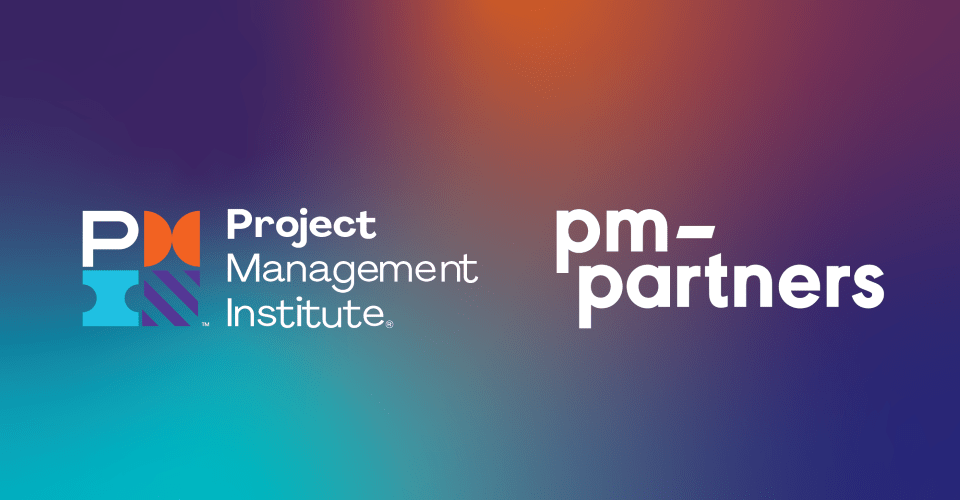The Lean Six Sigma Debate
Business Performance Improvement and Project Management
As Project Managers we have PRINCE2®, the Project Management Body of Knowledge (PMBOK® guide), Agile Project Management and the list goes on. Where does Lean Six Sigma fit? Does it mean that I can execute my projects faster and more efficiently just by applying Lean Six Sigma ? Here we explore Lean Six Sigma and how it integrates in the project management arena.
Lean and Six Sigma
Lean Six Sigma has its origins in the two individual approaches – namely Lean and Six Sigma.
Fundamentally the focus of Lean is on speed, efficiency and removing waste from a process. Lean is however more than just a set of tools and processes – it is also a belief and management system.
In comparison, Six Sigma focuses on effectiveness and removal of errors in order to improve quality of products and services, thereby increasing customer satisfaction. The Six Sigma philosophy is best encapsulated in Jack Welsh’s statement:
“We are going to shift the paradigm from fixing products to fixing and developing processes, so they produce nothing but perfection or close to it.”
Enter Lean Six Sigma
Lean Six Sigma is a management approach to business performance improvement that has blended the best of the two techniques of Lean and Six Sigma.
Accordingly, when applied and implemented appropriately Lean Six Sigma is a powerful management tool concentrating on improving organizational performance. It is a structured approach to resolving problems. Lean Six Sigma is a generic approach and can be applied to any business process in any industry, from Healthcare, to Finance, Manufacturing, Aviation, Banking and IT.
Key Principles of Lean Six Sigma
- Focus on the Customer. Understand what the customer values
- Identify and understand how work gets done. Understand the process in terms of flow of work and controls
- Manage, improve and smooth the process flow. Remove barriers to flow to reduce peaks and troughs
- Remove non-value-adding steps and waste. Reduce process lead time and increase efficiency
- Manage by fact and reduce variation. Collect data to understand and reduce process variation
- Involve and equip the people in the process. Create buy in and empower those ‘doing’ the process
- Undertake improvement activity in a systematic way.Use team based problem solving based on the Define, Measure, Analyse, Improve, Control (DMAIC) method
Lean Six Sigma and Project Management
Now there is no doubting as project managers we can (and do hopefully) incorporate some of the underlying principles of Lean Six Sigma (think at least “focus on the customer”), but project management methodologies which can be applied to any scale project in any industry (eg PRINCE2) should NOT be confused with process improvement methods.
Lean Six Sigma has a place in our organisations – as a process improvement approach for understanding how business processes are performing (what is and isn’t working) and then determining how to rectify the situation. Process improvement is not synonymous with project management .
“Project management is the application of knowledge, skills, tools and techniques to project activities to meet the project requirements”.
PMBOK® Guide
Will Lean Six Sigma help you project manage say a capital works project, major event (think New Year’s Eve) or an IT implementation? No.
Whilst Lean Six Sigma recommends an Improvement Charter or Project Charter at the beginning and project handover (with a tollgate) at the end, it is not concerned with such project management disciplines of risk and issue management, detailed project planning and project reporting.
Yet, let’s be honest – will the PMBOK® guide or PRINCE2 help you understand process inefficiencies, removing waste and errors, provide a rigorous and structured approach to help manage and improve quality and solve complex problems? No.
Whilst project management frameworks and methods remind us to address quality in our projects, their focus is NOT on enhancing value by improving and smoothing organisational process flows or eliminating waste.
Conclusion
Lean Six Sigma is a complement, not a replacement for project management methods and its strength lies in process improvement. If you can answer yes to the following questions, then typically Lean Six Sigma can add value:
- Is there a gap between current and required performance?
- Is the cause of the problem NOT understood?
- Is the solution NOT apparent?
More information on our Lean Six Sigma Workshop, or speak to one of our professional development consultants
1300 70 13 14.
PRINCE2® is a registered trade mark of AXELOS Limited PMBOK® is a registered trade mark of Project Management Institute Inc. Lean Six Sigma Yellow Belt Device logo and Swirl Device logo are trade marks of The APM Group Limited.








